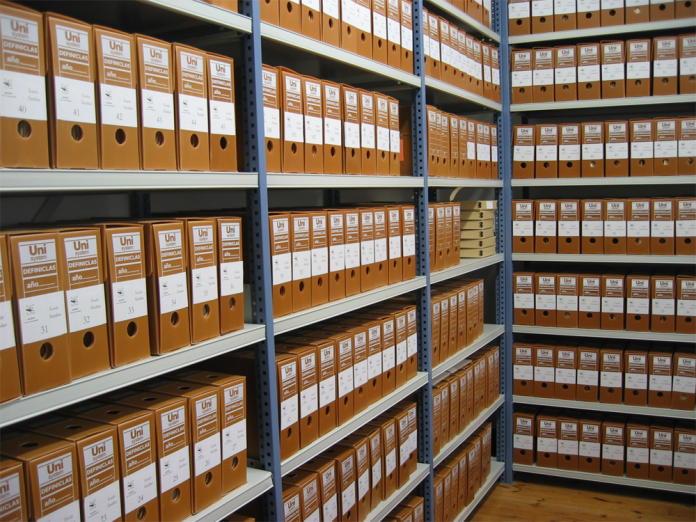The Prehistoric Society are fully aware of the difficult financial decisions that many museums confront, particularly in the current phase of economic stringencies, but it remains important to hold to established and fundamental principles. The Prehistoric Society believe charges for research access, with rare exceptions (below) to be ethically wrong in relation to the role of museums in caring for collections that belong to the public and they also believe it to be counter-productive in the longer term. Moreover, it is not in the spirit of the Museums Association’s own Code of Ethics.
According to the Museums Association Code of Ethics (2008),
Museums belong to everybody. They exist to serve the public. They should enhance the quality of life of everyone, both today and in the future. They are funded because of their positive social, cultural, educational and economic impact (clause 2.0).
It goes on to say that museums should strive
to reach out to audiences and to increase access to their collections (3.0),
to make collections more accessible (3.11), and to
develop mechanisms that encourage people to research collections (9.4).
Stifling research
Levying charges for research on collections can hardly be consonant with increasing access or encouraging research. Moreover, charging is likely to impact most on the youngest generation of scholars, those just beginning to explore the world of research. In this generation lies the future of any discipline and, were charges to become commonplace, there is a grave risk of atrophying the growth of artefact studies which have only in recent years regained momentum in the UK.
The Society believe that imposing charges also acts against the interests of the museums themselves. Active hands-on research creates a two-way process. Museums and their staff provide the facilities to study material in their care, as well as offering depth of knowledge about that material. In return, research at all levels gives a pay-back both informally at the point of study and more formally through the publication of new ideas and syntheses. That pay-back, in the form of specialised knowledge in an increasingly specialised and compartmentalised discipline that no single curator can keep abreast of, helps shape the content and presentation of future museum displays and any related outreach and education activities.
Even setting aside our ethical objections, commercialisation of this two-way relationship would, logically, result in researchers charging museums for any information provided, in whatever form and at whatever stage. Commercialisation is patently not a workable or desirable outcome in a discipline that takes great pride in its rejection of proprietorship over and financial valuation of knowledge about the past – it is, after all, our shared common heritage.
The principle of free access to bona fide researchers should, in the Society’s opinion, apply across the board, irrespective of level of research, whether the material to be studied is artefactual or
archival, or where the material is housed. While the fragility of some material may necessitate imposing restrictions on direct handling by researchers, even these should not be treated as special cases in terms of access ethics. We foresee only one exception to the principle of non-charging, that of large projects with major funding which may impose particularly heavy burdens on one or more museums. In such cases it may be reasonable to expect a fee to be agreed and built into the funding proposal. Having appropriate and sufficient curatorial staff is clearly vital to service this crucial means of furthering our knowledge of the past. We urge museums to make all efforts to ensure adequate staffing levels and to maintain a policy of free research access to collections.
The President and Vice-Presidents on behalf of the Council of the Prehistoric Society
5 March 2015
Dr Alex Gibson, President
Dr Stuart Needham, Professor Bob Chapman, Christopher Evans, Dr Josh Pollard, Vice-Presidents


